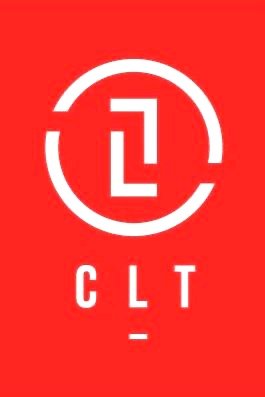
agile & scrum
Certified ScrumMaster® (CSM®)
2-Day Certified Course
This intensive two-day course will prepare you to take on the ScrumMaster role and is taught by a Scrum Alliance Certified Scrum Trainer®. We’ll cover pragmatic, time-tested practices for managing product backlogs, long and short-range planning, project execution, and progress reporting. We’ll also examine many facets of Scrum, including the project lifecycle, roles, events, and artifacts.
Participants eligible for 14 Education Hours for the PMI Agile Certified Practitioner® application and 14 PMI PDUs (Professional Development Units)
Certified Scrum Product Owner®
2-Day Certified Scrum Product Owner® (CSPO) Course
This intensive two-day course will prepare you to take on the Product Owner role and is taught by a Scrum Alliance Certified Scrum Trainer®. We’ll cover the Scrum framework but more importantly, what it means to function as the Product Owner, or Customer, for a Scrum team. You will learn about managing stakeholders, creating and refinement the Product Backlog, emerging detail with Product Backlog Items and User Stories including Acceptance Criteria and the Definition of Done.
Participants eligible for 14 Education Hours for the PMI Agile Certified Practitioner® application and 14 PMI PDUs (Professional Development Units)
Certified Scrum Professional® - ScrumMaster (CSP®-SM)
DESCRIPTION
Certified Scrum Professionals® - ScrumMaster (CSP®-SM) challenge their teams to improve the way Scrum and Agile principles are applied. They have demonstrated experience, documented training, and proven knowledge in Scrum.
If you are ready for a practitioner-level program that validates your knowledge and skillset in your role as Scrum Master, you may be a candidate for the CSP®-SM certification.
Requirements:
· A valid Advanced-CSM® with the Scrum Alliance is required for those taking this course
· At least 24 months of work experience specific to the role of Scrum Master within the past 5 years validated via candidates’ Scrum Alliance profile
· Completion of the 2 Day CSP®-SM
· Completion of post-course work
Post-Class Learning consists of practices learners will complete in their own context and are required to complete the CSP®-SM credential. These practices involve applying facilitation and reflective techniques that a Scrum Master would perform in executing the role effectively.
The next phase of Agile & Scrum Training, our Advanced Certified ScrumMaster program will help you gain a deeper understanding of today’s most valuable Agile and Scrum objectives, as well as how you can apply them to everyday, real-world situations.
Full Learning Objectives are here: https://goo.gl/F9EC8B
Mandatory Experience for Participants:
CSM with 1+ years of experience
Certification:
To be eligible for the A-CSM certification you must satisfy the following criteria:
Be an existing CSM
Complete a pre-class reading
Be prepared to share your personal experiences
Attend and participate in the 2-day class
FAQs:
(Q) - What do I need to bring? Nothing! Just your desire to become the best possible Scrum Master
(Q) - How can I contact the organizer with any questions? Email info@coleadteam.com for any questions
You’re a Certified Scrum Product Owner® (CSPO®) who’s focused on maximizing business value and Product Backlog optimization to understand how to do the best possible job to satisfy key stakeholders. The next step in your Agile journey is to achieve your Advanced Certified Scrum Product Owner (A-CSPO®) certification.
Through the A-CSPO, you’ll learn to:
Manage multiple business initiatives from competing stakeholders
Clearly order and express Product Backlog items
Define a clear product vision that ensures your product remains focused on the features your customers and end users will actually use
Communicate effectively with various stakeholder groups to achieve alignment
Identify the crucial opportunities and avoid wasting time
Define and validate business value
Increase your credibility as a product expert and become recognized as a person who delivers real business results
Personal Kanban offers you a way to regain control over your tasks and work in a smarter, more sustainable way.
By breaking tasks down visually, focusing on what’s important, and limiting the number of things you’re juggling, you'll reduce stress, boost productivity, and experience the satisfaction of seeing your work move forward.
If you're tired of feeling overwhelmed, losing track of priorities, or struggling to complete tasks, Personal Kanban is a method that actually works. You’ve got nothing to lose and a lot of productivity to gain!






